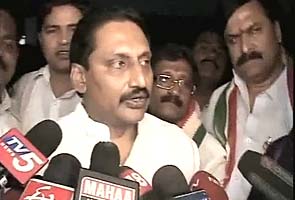
A legislator from his native Chittoor district in the Rayalaseema region of the state, 50-year-old Reddy will have to also use all his political acumen to take on the challenge posed by Congress' rebel Kadapa MP Y S Jaganmohan Reddy.
Considered a close follower of late Chief Minister Y S Rajasekhara Reddy, Kiran Kumar Reddy was made the government Chief Whip, a role he had effectively discharged to take on the principal opposition Telugu Desam Party in general and his bete noire N Chandrababu Naidu in particular. Son of late Congress leader Amarnatha Reddy, who was was the political guru of TDP chief Naidu, Reddy graduated from the Nizam College in Hyderabad and later studied law.
An avid cricketer during his college days and a batch-mate of former Indian captain Mohammad Azharuddin, Reddy has represented Hyderabad in the Ranji Trophy.
Kiran was first elected to the state assembly from Vayalpadu constituency in Chittoor district in 1989 but the lost the election in 1994. In 1999 and 2004, he was elected successively from the same constituency. He had to shift to Pileru constituency in 2009 because of delimitation.
He could not be accommodated in the YSR cabinet in 2009 because of political equations in Chittoor district and hence, he was made Speaker of the assembly.
After K Rosaiah became the Chief Minister in September 2009, Kiran had again aspired to become a minister but the promised cabinet expansion never took place




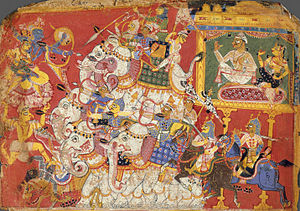



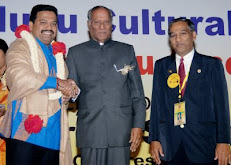.jpg)
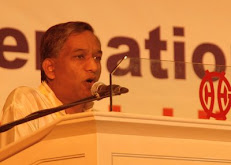.jpg)
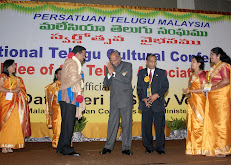.jpg)
.jpg)
.jpg)

